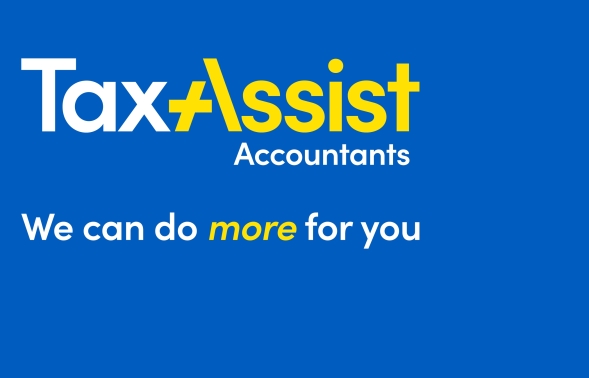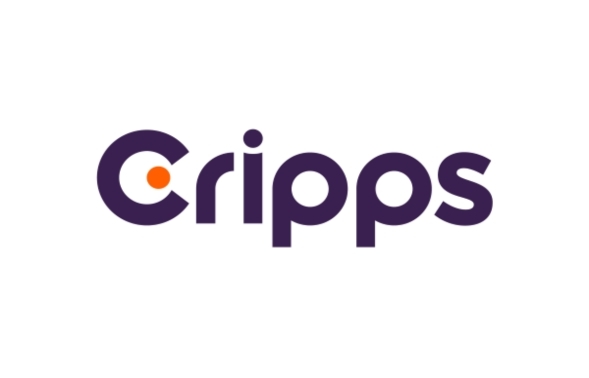Welcome......to March's Tax Tips & News. The days are getting longer, although there still seems to be a lot of rain about!
This newsletter brings you tax tips and news to keep you one step ahead of the taxman. It also provides some important updates about Blackman Terry and our team. Any questions, please get in touch.
We would like to welcome all the new clients who have joined us in the last month. enquiries@blackmanterry.co.uk / 01444 882381
March 2023
- The personal allowance
- National Insurance Contributions (NICs)
- Capital gains tax (CGT) rates
- Childcare
- Universal Credit claimants
- Changes to VAT penalties and interest
- Key tax dates
The income tax personal allowance was already fixed at the current level until April 2026 and will now be maintained for an additional two years until April 2028 at £12,570.
The government will uprate the married couple's allowance and blind person's allowance by inflation for 2023/24.
There is a reduction in the personal allowance for those with 'adjusted net income' over £100,000. The reduction is £1 for every £2 of income above £100,000. So there is no personal allowance where adjusted net income exceeds £125,140.
National Insurance Contributions (NICs)
A similar principle to that outlined above for income tax thresholds will be followed in respect of many of the NICs thresholds, namely that they are frozen at the limits for the preceding year and will remain at those levels until 2028. Full details are laid out at the end of this publication.
However, the government will uprate the Class 2 and Class 3 NICs rates for 2023/24 to £3.45 per week and £17.45 respectively.National Living Wage (NLW) and National Minimum Wage (NMW)
The government will increase the hourly NLW and NMW from 1 April 2023 as follows:
- £10.42 for those 23 years old and over
- £10.18 for 21-22 year olds
- £7.49 for 18-20 year olds
- £5.28 for 16-17 year olds
- £5.28 apprentice rate for apprentices under 19, and those 19 and over in their first year of apprenticeship.
No changes to the current rates of CGT have been announced. This means that the rate remains at 10%, to the extent that any income tax basic rate band is available, and 20% thereafter. Higher rates of 18% and 28% apply for certain gains, mainly chargeable gains on residential properties, with the exception of any element that qualifies for Private Residence Relief.
There is still potential to qualify for a 10% rate, regardless of any available income tax basic rate band, up to a lifetime limit for each individual. This is where specific types of disposals qualify for:
Business Asset Disposal Relief (BADR). This is targeted at directors and employees who own at least 5% of the ordinary share capital in the company, provided other minimum criteria are also met. It can also apply to owners of unincorporated businesses.
Investors' Relief. The main beneficiaries of this relief are investors in unquoted trading companies who have newly-subscribed shares but are not employees.
Current lifetime limits are £1 million for BADR and £10 million for Investors' Relief.
For more information, including the reduction in CGT annual exemption, please click here.
Childcare
Working parents in England will be able to access 30 hours of free childcare per week, for 38 weeks of the year, from when their child is nine-months old to when they start school.
This will be rolled out in stages:
- From April 2024, all working parents of two-year-olds can access 15 hours per week.
- From September 2024, all working parents of children aged nine months up to three-years old can access 15 hours per week.
- From September 2025 all working parents of children aged nine months up to three-years old can access 30 hours free childcare per week.
Where parents need childcare for more than 38 weeks a year, they are able to spread their free hours entitlement over a higher number of weeks.
The government will substantially uplift the hourly rate paid to providers that deliver the existing free hours. It will also change the staff-to-child ratios for two-year-olds, moving from 1:4 to 1:5 and provide start-up grants for new childminders, including for those who choose to register with a childminder agency. Childminders who register with Ofsted will receive a start-up grant of £600, whereas those who register with a childminder agency will receive £1,200.
In addition, parents on Universal Credit childcare support will receive payment upfront when they are moving into work or increasing their hours, rather than in arrears. Also, the Universal Credit childcare cap will increase to £951 for one child (up from £646) and £1,630 for two children (up from £1,108).
Changes include:
- Increasing the Administrative Earnings Threshold, the minimum amount a person can earn without being asked to meet regularly with their Work Coach, from the equivalent of 15 to 18 hours of earnings at the National Living Wage.
- Expanding work search requirements.
- Strengthening the application of the Universal Credit sanctions regime, including additional training for Jobcentre Work Coaches to ensure they are applying sanctions effectively, including for claimants who do not look for or take up employment.
Extending the Youth Offer until 2028, which will support young people looking for work.
Changes to VAT penalties and interest
The government announced pre-pandemic that it intended to change the way interest and penalties applied for VAT purposes. After a number of delays the new rules were implemented for VAT periods starting on or after 1 January 2023. The default surcharge was replaced by new penalties if a VAT return is submitted late or VAT is paid late. There are also changes to how VAT interest is calculated. Details of the changes can be found here.
March 2023
Friday 31 Last minute planning for tax year 2022/23
The final deadline of 5th April 2023 is relevant to individuals who have not considered year-end tax planning issues. These issues include:
- utilising your annual capital gains tax exemption
- utilising your annual inheritance tax exemption for gifts
- utilising your annual Individual Savings Account investment limit (ISA)
- making additional pension contributions for 2022/23.
Please get in touch if you would like any further advice on these or any other issues.
April 2023
Wednesday 19 PAYE, Student loan and CIS deductions are due for the month to 5th April 2023
Is this relevant to you?
This deadline is relevant to employers who have made PAYE deductions from their employees' salaries and to contractors who have paid subcontractors under the CIS.
Employers are required to make payment to HMRC of the income tax, national insurance and student loan deductions. Contractors are required to make payment to HMRC of the tax deductions made from subcontractors under the CIS.
Postal payments for month/quarter ended 5 April should reach your HMRC Accounts Office by this date.
Where the payment is made electronically the deadline for receipt of cleared payment is Friday 21st April 2023 unless you are able to arrange a 'Faster Payment' to clear on or by Saturday 22nd April 2023. Interest will be charged if payment is made late. Penalties also apply.Wednesday 19 Deadline for employers' final PAYE return to be submitted online for 2022/23
Is this relevant to you?
This deadline is relevant to employers.
This is the last day by which your final Full Payment Summary (FPS) for the 2022/23 tax year should be sent to HMRC.
Please be aware that if we deal with the payroll on your behalf we will ensure that this matter is dealt with on a timely basis.Wednesday 19 Automatic interest is charged where PAYE tax, Student loan deductions, Class 1 NI or CIS deductions for 2022/23 are not paid by today. Penalties may also apply if any payments have been made late throughout the tax year.
Is this relevant to you?
This deadline is relevant to employers who have made PAYE deductions from their employees' salaries and to contractors who have paid subcontractors under the CIS.Wednesday 19 PAYE quarterly payments are due for small employers for the pay periods 6th January 2023 to 5th April 2023
Is this relevant to you?
This deadline is relevant to small employers and contractors only. As a small employer with income tax, national insurance and student loan deductions of less than £1,500 a month you are required to make payment to HMRC of the income tax, national insurance and student loan deductions on a quarterly basis.
Postal payments for month/quarter ended 5 April should reach your HMRC Accounts Office by this date.
Where the payment is made electronically the deadline for receipt of cleared payment is Friday 21st April 2023 unless you are able to arrange a 'Faster Payment' to clear on or by Saturday 22nd April 2023. Interest will be charged if payment is made late. Penalties also apply.


















